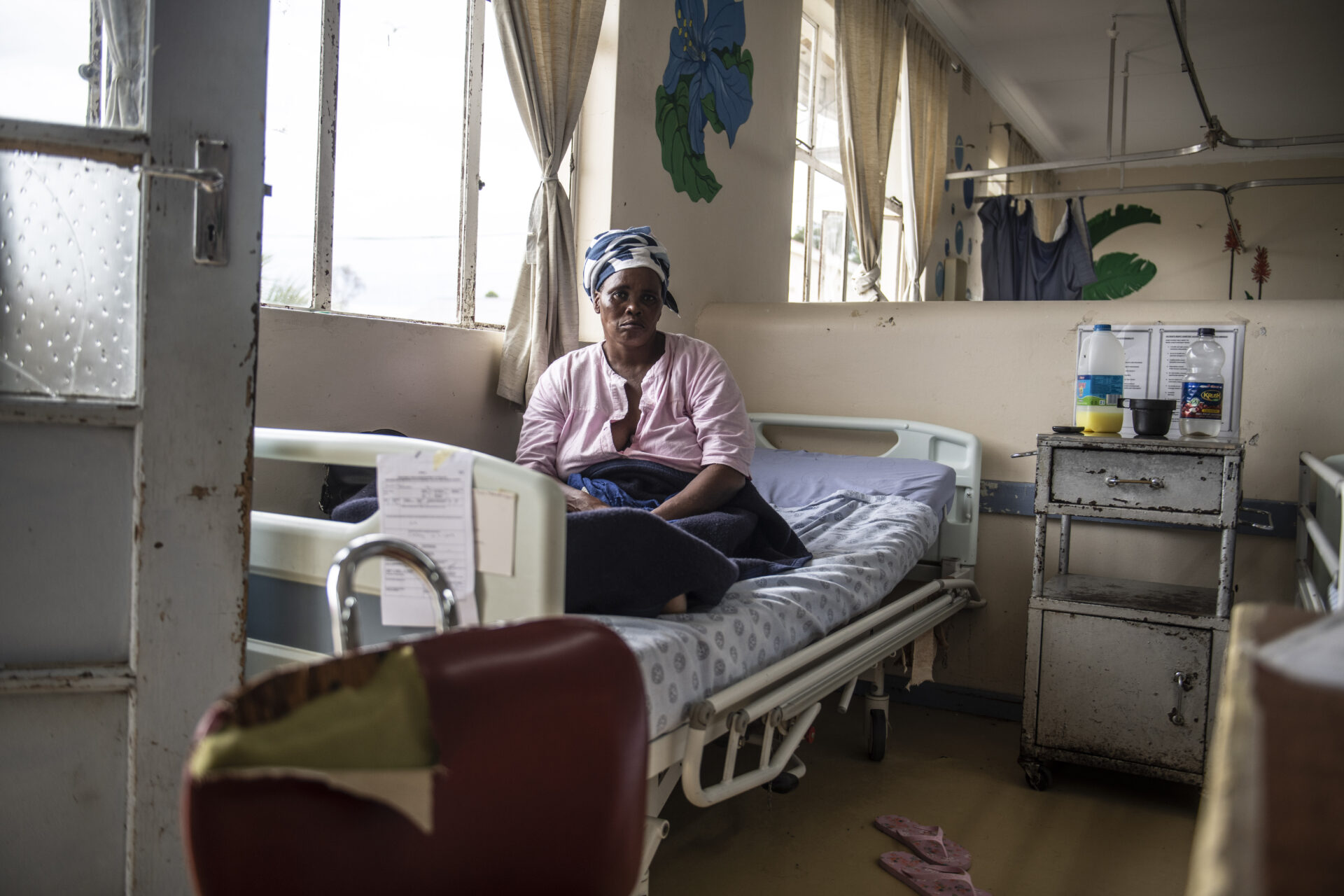© Copyright Bhekisisa Centre for Health Journalism | Privacy Policy | Terms and Conditions | PAIA Manual
Bending the curve: What a decade-long roll-out of the anti-HIV pill can teach the...
What can the roll-out of a two-monthly HIV prevention injection learn from how the daily anti-HIV pill was introduced? Create demand, make the jab easy to get hold of and ensure it’s not stigmatised, write Wawira Nyagah and Mitchell Warren.
Company with false HIV ‘cure’ admits trial was not registered with regulatory body
Zion Medical can't explain the poor treatment Ugandan patients got as part of its 'trial' and its recent announcement may have added to the harm.
From Oscar to Diepsloot: Why do men become violent?
Bhekisisa and Media Hack Collective's 2021 #SayHerName project, researched what gender-based violence stories make it onto the news.The data backed up what we...
The fine line between wrong and almost right — and how that plays out...
What should journalists do when presidents say the wrong thing — report the story or bury it? A medical doctor, editor, Rhodes Scholar and New York City’s health commissioner during COVID take a deep dive.
Are penis enlargements worth your while?
Endowment policies differ, but most people agree that "enlargement" promises much, delivers little.
A plastic sheet can save 70 000 lives a year — here’s how
Every year, about 14-million women lose so much blood during childbirth that they could die; about 70 000 do. The condition is called postpartum haemorrhage — but it can be prevented if nurses and midwives know what to look for and can act in time. Health workers from a hospital in Kenya write about how a new treatment approach has saved lives in their labour ward.
Find inner joy: Why this condom can take your sexual pleasure to new heights
The health department aims to distribute 40-million inner condoms per year to government health facilities. But orders from clinics and hospitals are so low that only 40% of this goal was achieved over the past four years. Here’s why.
NHI: The problem with trying to kill two birds with one stone
The National Health Insurance scheme aims to solve two problems — fixing poorly-run health facilities and distributing the money available for healthcare in the country in a more equitable way — simultaneously. But trying to fix two things at once may make things worse, writes Dave Martin.
Stigma, inaction and cost: Will SA treat obesity with lessons learned from HIV?
About two-thirds of women and almost a third of men in South Africa are overweight or have obesity. It’s a new public health threat, which, if not acted on now, will have serious consequences for the wellbeing of the country. But rather than making it a game of blame and shame, there are two things that can be done right now.
Six ways ARVs can help to end Aids by 2030
Science knows more than ever about how to use HIV treatment to prevent new infections but will it be enough to end Aids?
Does SA’s biggest killer show up in your party’s manifesto?
A curable and preventable disease is South Africa’s biggest killer. Is your political party going to do something about it — and does it show up in their election manifesto?
‘I’m a smoker — and I want stricter tobacco control’
Civil rights activist Koketso Moeti has been smoking for over 20 years. Yet she supports South Africa’s new Tobacco Bill, which bans indoor smoking, including vaping, in public buildings. Here’s why.
Eating to survive: How to know if your party is taking hunger seriously
David Harrison breaks down five ways in which hunger among children can be decreased and explains why it’s important to hold the party you plan to vote for accountable to do something about food insecurity.
There is no planet B: How HIV can teach us to deal with the...
Climate change is to public health today what Aids was 30 years ago, experts say — and it could put a spanner in the works for ending Aids as a public health threat by 2030. Yogan Pillay writes in an op-ed today what lessons we can take from responding to HIV to tackle the health effects of climate change.
Are foreigners really entitled to free healthcare in South Africa?
Recent national and Gauteng memos demanding all foreign patients pay in full for services likely fell foul of the law.
#AIDS2022: What is the use of anti-HIV injections when those who need it most...
A new HIV prevention medicine could work even better than daily pills but if nothing changes it costs over R300 000 to treat one person for a year.

















